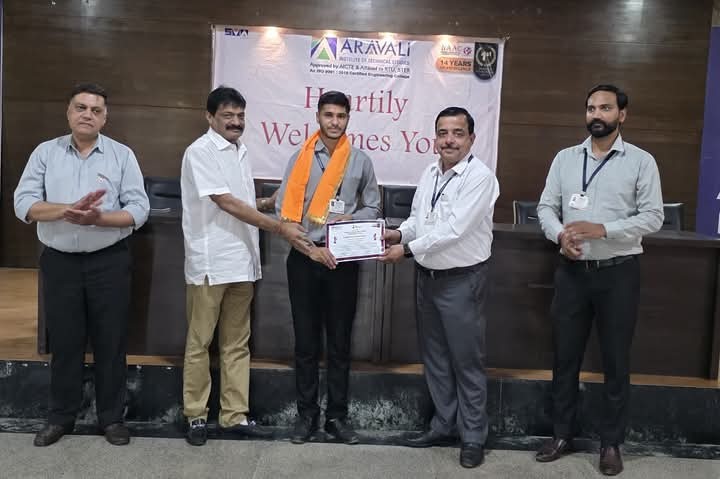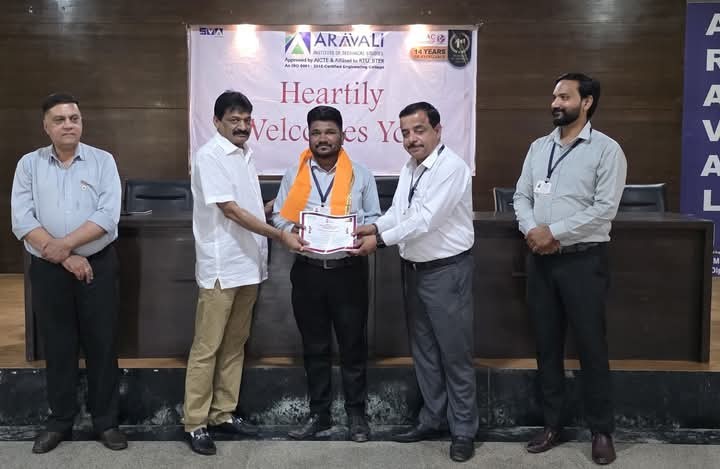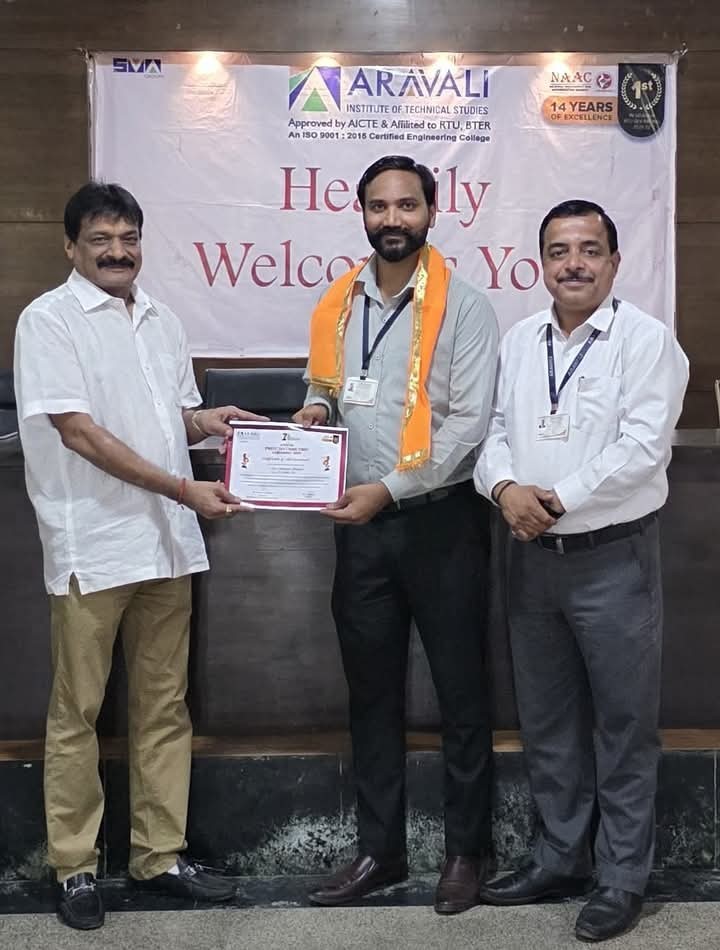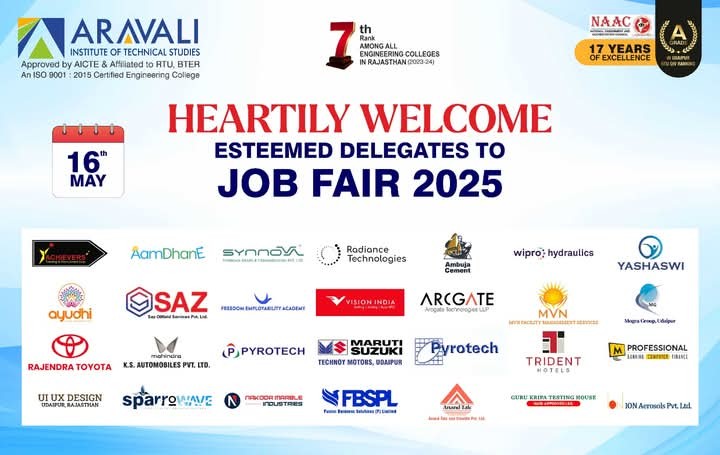Department of Mechanical Engineering
About Mechanical Engineering :-
Mechanical Engineering is one of the broadest and most diverse branches of engineering. It is often considered the foundation of many other engineering disciplines. Mechanical engineering is involved in the conceptualization, design, manufacturing, and operation of machines, systems, and processes that generate, transmit, and utilize power.
The Mechanical Engineering department was introduced in 2012. This professional practice focuses on understanding the principles of motion, energy, and force to create functional and efficient solutions. Mechanical engineers are concerned with designing, analyzing, building, and maintaining mechanical systems. This can include engines, robots, HVAC (heating, ventilation, and air conditioning) systems, power generators, manufacturing equipment, medical devices, and more, ranging from micro-scale components to large-scale industrial machinery.
Mechanical engineers play a crucial role in almost every industry, contributing to product development, process optimization, and technological innovation. They ensure that everything from the smallest gear to the largest power plant operates reliably and efficiently. Strong analytical skills, problem-solving abilities, and an understanding of materials science are particularly important due to the complex nature of the systems they work with. Mechanical Engineering professionals have vast career opportunities in manufacturing, automotive, aerospace, energy, robotics, and many other sectors, and the demand for skilled mechanical engineers continues to grow globally.
DEPARTMENT VISION
Towards a Global Knowledge Hub, Striving continuously in pursuit of excellence in Mechanical Engineering Education Entrepreneurship and Innovation.
DEPARTMENT MISSION
- To impart total quality education through effective hi-tech teaching-learning techniques and department-industries collaboration. This emphasizes providing high-quality education using modern teaching methods and fostering strong ties with the industry to ensure practical relevance.
- To mold the young dynamic potential minds to emerge as full-fledged future professionals so as to achieve top ten ranking status in the national level. This highlights the ambition to develop students into skilled professionals and to elevate the department’s national standing.
- To achieve international standards to fulfill the Government’s “Make In India” industrial policy through innovation and research. This points to a commitment to global standards and contributing to national initiatives through research and innovation.
OUTCOME-BASED EDUCATION (OBE)
Outcome-Based Education (OBE) is a student-centric teaching and learning methodology in which the course delivery and assessment are planned to achieve stated objectives and outcomes. It focuses on measuring student performance i.e. outcomes at different levels.





















